The ’80s True Crime Thriller That Actually Freed An Innocent Man From Life In Prison, Stream Now Without Netflix
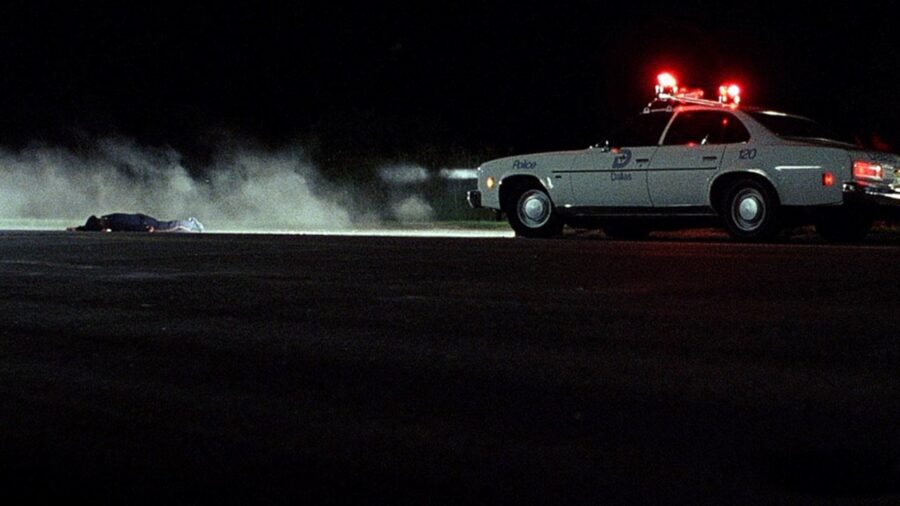
The 1988 American documentary film The Thin Blue Line from director Errol Morris is available to stream on various platforms. The story examines the trial of Randall Dale Adams, who was jailed and sentenced to death for murdering a Dallas police officer named Robert W. Wood in 1976. However, Adams consistently maintained his innocence.
How Morris Discovered Randall Adams
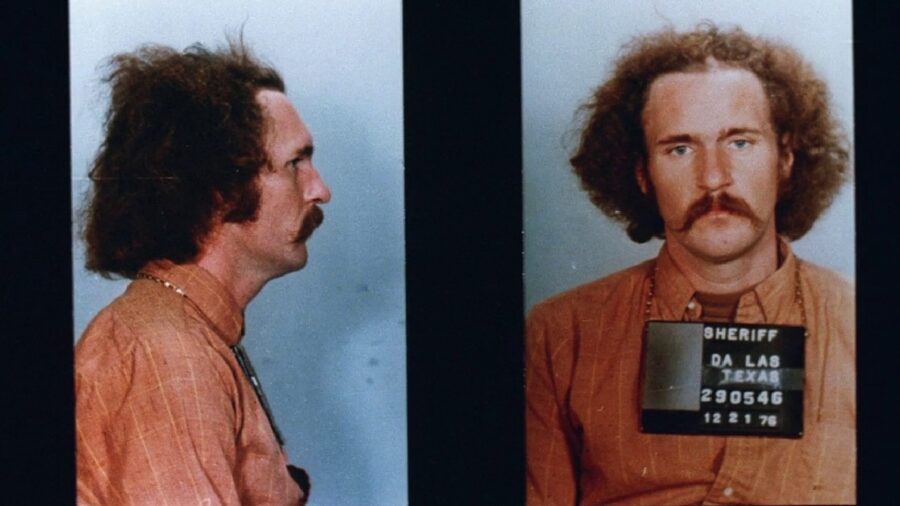
Morris came across the case while he was doing research for a movie about Dr. James Grigson, a Texas psychiatrist nicknamed “Dr. Death.” Grigson was notorious for testifying in several trials, including Randall Adams’.
Grigson often claimed with absolute certainty that the defendants would commit crimes again. As a result, they would be sentenced to death.
Examining The Case
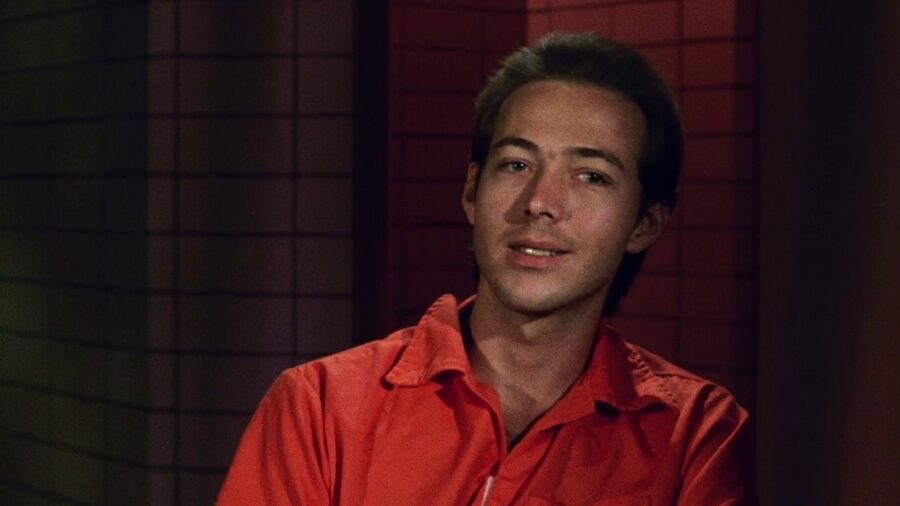
The Thin Blue Line explores the circumstances surrounding Wood’s murder, the trial, and Adams’ conviction. Through interviews with various individuals involved in the case, including Adams, police officers, lawyers, and witnesses, the film casts doubt on the evidence presented at trial and suggests that Adams may have been wrongfully convicted.
Attorneys Edith James and Dennis White, who represented Adams during his trial, suggest that he was charged despite evidence pointing to David Harris (the real shooter) because he was a juvenile at the time, while Adams could faced the death penalty as an adult under Texas law. Prosecutor Douglas D. Mulder, who coined the phrase “thin blue line” in his closing argument, is absent from the film.
Reenactments
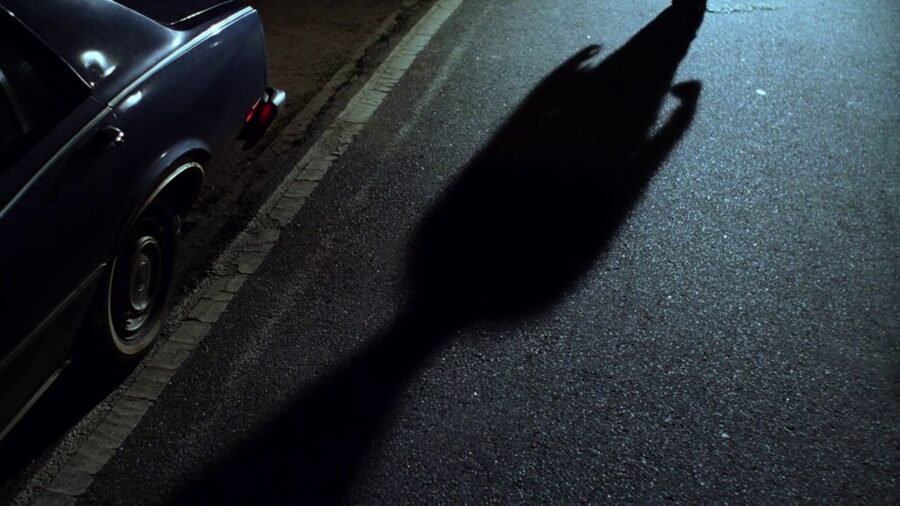
One of the most notable aspects of The Thin Blue Line is its innovative use of reenactments. Morris used stylized film fiction techniques to showcase key events, blending them with the interviews and archival footage, to construct a compelling narrative that challenges the official version of events presented in the courtroom.
The Thin Blue Line Was A Commercial Success
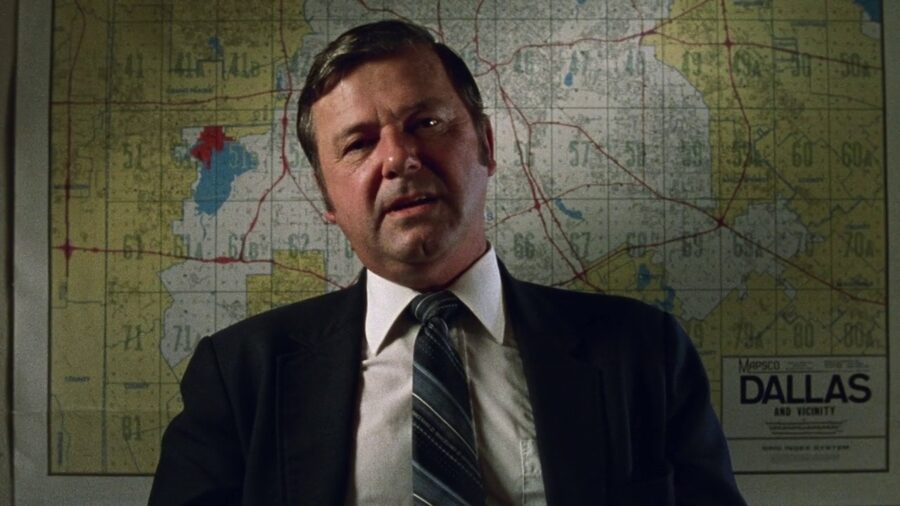
The Thin Blue Line earned $1,209,846 in the US and Canada, with an opening weekend box office revenue of $17,814 from just one theater. Despite being ranked as the 95th highest-grossing documentary since 1982, director Errol Morris revealed that he didn’t make a profit from the production.
Controversy

The Thin Blue Line sparked controversy among critics who believed that reenactments were inappropriate for the genre. As a result, the film did not receive an Oscar nomination despite winning several Best Documentary awards. In 2001, the Library of Congress recognized its cultural, historical, and aesthetic importance by selecting it for preservation in the United States National Film Registry.
Randall Adams Freed
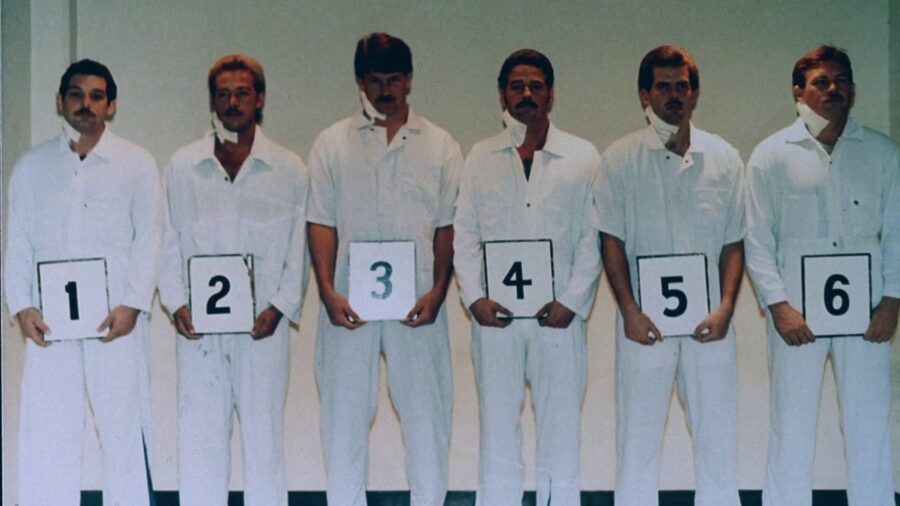
The Thin Blue Line is often credited with helping to overturn Adams’ conviction. Following the release of the film, new evidence came to light, and in 1989, the Texas Court of Criminal Appeals overturned Adams’ conviction, leading to his release from prison after spending 12 years on death row. Harris eventually went to trial for the killing of Mark Walker Mays and was convicted and executed on September 1, 1985.
The documentary also made a major impact on the true crime genre due to its use of cinematic techniques to explore the concept of truth in filmmaking. The Thin Blue Line is available to stream and/or rent on platforms such as Amazon Prime Video, Google Play, Apple TV+, and Tubi.












